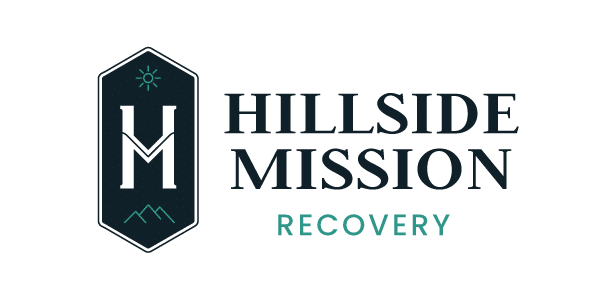Addiction is a mental health disorder that is multi-dimensional. It has several psychological, social, and biological contributors. Genetics, neurobiology, cognitive traits, and environment can contribute to how addiction works from one person to the next. There are several things, however, that trigger addiction or relapse.
Hillside Mission Recovery is an Orange County inpatient treatment center that offers comprehensive treatment services for those in need. Contact our
What Are the Psychological Triggers of Addiction?
Psychological triggers of addiction are psychological factors that can trigger or cause someone to become addicted or cause someone in recovery to relapse.
Psychological triggers are things that cause intense emotional reactions, often because of an association with a negative experience.
Psychological triggers of addiction can remind people of anger, distress, frustration, or even pain. Triggers can be:
- Smells
- Sounds
- Songs
- Substances
- People
- Places
- Words
- Stress
- Environmental cues
- Emotional trauma
Stress as a Trigger
Stress comes from many experiences like workplace stress, divorce or a difficult breakup, the loss of a loved one, financial problems, legal issues, finding a new job, going back to school, raising children, and much more.
While stress serves a fundamental, biological purpose, too much stress from the wrong sources can be harmful. When people experience psychological stress, it activates high levels of stress hormones that result in physiological changes.
The stress hormones include cortisol, which does things like increase blood pressure and heart rate, decrease non-essential functions like digestion, and trigger the acute stress response of fight or flight.
Without knowing how to handle stress, mitigate high levels of stress, or recognize when a situation might be stressful but not necessarily harmful or impossible to get through, individuals can struggle with serious psychological and emotional problems, not least of which is regularly activated fight or flight responses and high levels of adrenaline.
To calm down, people might turn to drugs or alcohol. To push away the stress, instead of dealing with it and coping, people might turn to drugs and alcohol as well. With the right type of treatment, you can learn how to make stress work for you and how to avoid turning to drugs and alcohol as self-medication for stress management.
Environmental Cues as Triggers
Environmental cues come in many forms. They can be something as simple as walking by a bar, which could serve as a trigger for someone who has struggled with alcoholism. Environmental cues could be a smell, a place, a person, seeing drug paraphernalia on TV, looking at the doctor’s office where you went for treatment, and much more.
Without learning how to identify these individual environmental cues and how to cope with the triggers they are, it can increase the risk of addiction or relapse.
Overcoming Psychological Triggers of Addiction with Hillside Mission
With Hillside Mission, our residential treatment programs help you divert your full attention toward recovery.
How We Reduce Stress
We know that stress is one of the biggest psychological triggers of addiction, and that is why we offer clients comprehensive residential care so they can give treatment their full attention. Stepping outside of a current environment and into a luxury treatment center takes the frustrations and hassles of modern life away and replaces them with a comfortable and peaceful space.
How We Address Environmental Cues
Environmental cues can be difficult to recognize if you don’t take the time to work with a therapist and address factors that may have contributed to your addiction. If you remain at home in your regular environment, emotional stress and environmental cues can present a strong temptation that interferes with your successful treatment.
A big part of our mission is to offer comprehensive, holistic inpatient care that extricates you from your daily environment so that you can overcome temptations and avoid environmental cues until you are prepared to address them with healthy coping mechanisms.
How We Help with Emotional Trauma
Similarly, emotional trauma cannot be recognized for what it is and overcome without the opportunity and time to focus solely on recovery. We offer several forms of treatment, like cognitive behavioral therapy and other Psychotherapy, in addition to ongoing counseling.
At our luxury Mission Viejo drug rehab, clients benefit from daily access to counseling as well as psychological therapy. Trauma-informed treatment can help break the cycle of addiction in individual and group settings while also taking care not to make matters worse.
This type of psychological recovery helps you break through and transition from one-on-one treatment to group therapy while at our center to support groups when you transition into sobriety.
If you are ready for treatment, call us today at 1-866-393-5174.






